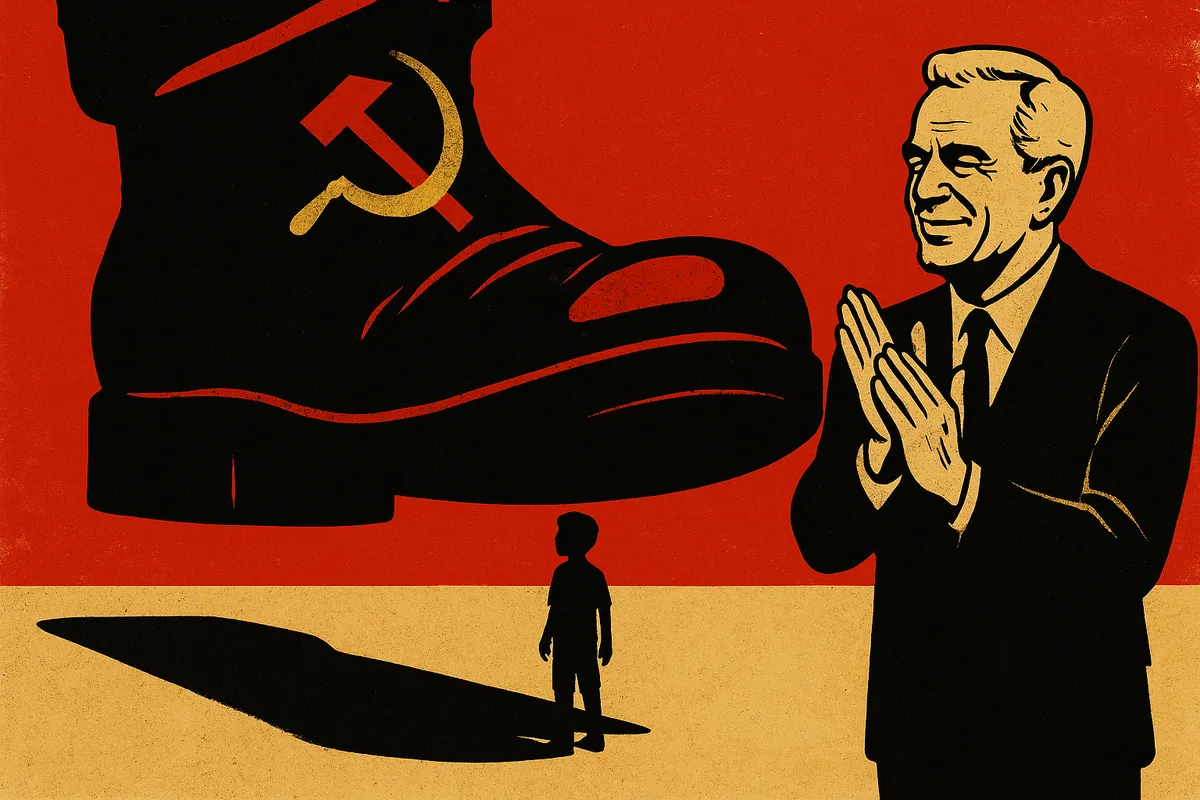What RFK Jr. Gets Wrong About Autism — And Why It Sounds Familiar
 The Irony of a 'Soviet-Style Kennedy
The Irony of a 'Soviet-Style Kennedy
When Robert F. Kennedy Jr. stood beside Donald Trump repeating long-debunked claims about vaccines and autism it wasn’t just another round of conspiracy theater. It was an echo. Not of science but of history. Ari Ne’eman’s recent STAT op-ed draws a sharp line from Kennedy’s words to a strange moment in 1963 when U.S. officials studied Soviet disability policy. The Soviets pathologized difference, locked people away and called it care. The irony is hard to miss: a Kennedy now echoing the very coercive logics his family once opposed.
Autism as Injury — A Frame Built for Control
RFK Jr. insists autism is the tragic outcome of toxins and pharmaceuticals. Vaccines or acetaminophen — take your pick. Each theory collapses autistic identity into injury — something that must have a culprit. This is not harmless speculation. It’s a frame with consequences. If autism is injury then institutions and coercion start to look like treatment. The Soviet model was built on exactly that logic. So were America’s institutions before the disability rights movement forced them open.
The Real Mechanism at Work
Ne’eman is right to call out the sleight of hand. Autism becomes the symbol of danger while the real danger goes unnamed: political platforms that use autistic people as props. Who benefits? Anti-vaccine movements. Conspiracy networks. Politicians eager to look like crusaders against a supposed epidemic. Who is harmed? Autistic people whose existence gets rewritten as tragedy and public health which loses trust in lifesaving vaccines.
Authorship Matters
The op-ed is sharp and protective and it is written by Ne’eman himself who is autistic. That means autistic authorship is at the center — not absent. The piece carries lived authority while also situating autism policy in a wider historical and political context. Recognizing this matters because it shows how autistic authors can intervene directly in public debate and reframe narratives in real time. The quiet humor is in the reversal: a Kennedy showing us how another Kennedy drifts closer to Moscow’s old playbook than to his own family’s legacy.
Why This Still Resonates
What makes Ne’eman’s piece powerful is its double focus. It dismantles deficit myths pushed by RFK Jr. while also reminding readers that autism policy has always been political terrain. The history of institutionalization in both the U.S. and the USSR reveals how quickly pseudoscience can become law. Naming that history helps us recognize the same logics when they resurface today dressed in new clothes.
The Stakes Going Forward
This op-ed should not be read as just another rebuttal of conspiracy thinking. It is a reminder that narratives about autism shape real lives. When autism is framed as injury or burden, coercion gains legitimacy. When autistic authors like Ne’eman write back, they interrupt that frame. The challenge for readers is to carry that interruption forward — to question who benefits when autism is pathologized and to amplify work that insists on dignity instead of fear.